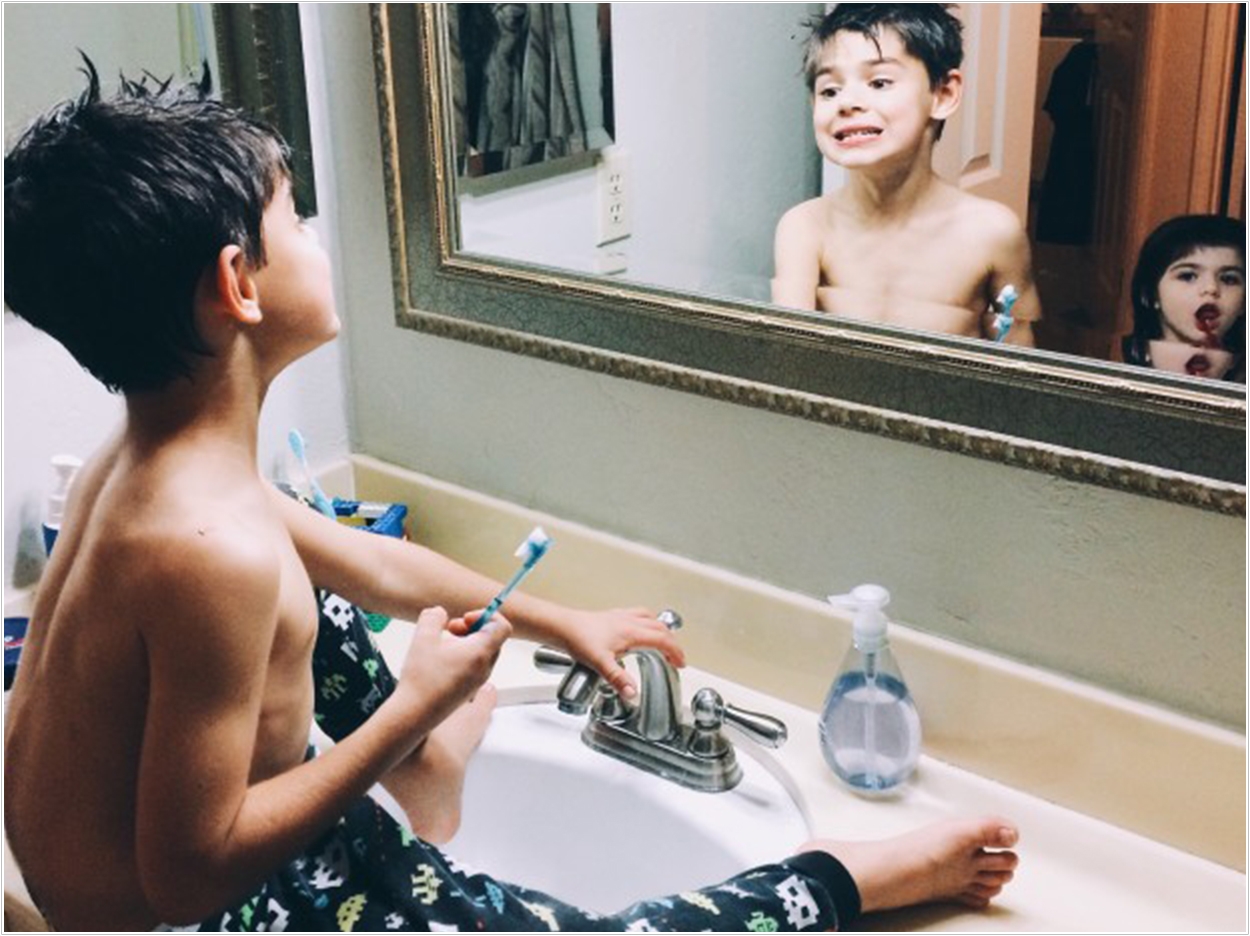
Research commissioned by the Oral Health Advisory Panel (OHAP) has revealed some worrying insights into Australian’s oral health habits, according to the organization, with many valuing appearance over the health of their teeth and parents being unaware of guidelines when it comes to the oral health of their children.
For example, OHAP said, 76% of parents are unaware of when they should take their baby to see a dentist, 77% of parents are mistakenly allowing their young children to brush their own teeth unsupervised much too early, and 92% of Australian adults are unaware of what the early stages of tooth decay look like.
The OHAP Oral Health Care Study 2019, the latest edition of an annual survey that looks at the oral health of Australians, also found that about a third of Australian adults place the visual appearance of their teeth and having fresh breath above healthy gums and cavity-free teeth.
“It’s very disappointing to discover that Australians are not getting the message about oral health. People are valuing appearance over the health of their teeth and are unaware of the guidelines when it comes to the oral health or their children,” said Christine Morris, a public health advocate and founding member of OHAP.
Morris was particularly concerned that so many parents are mistakenly allowing their young children to brush their teeth unsupervised.
“Children under the age of eight years do not have the manual dexterity to brush their teeth effectively. It is vitally important that parents assist their children until they are at least eight years old to help prevent decay and a lifetime of potential future health problems,” said Morris.
The survey also revealed that 76% parents are unaware of the recommendations that babies should visit the dentist as soon as their first tooth arrives or by their first birthday if their teeth have yet to erupt. Plus, 62% of parents wait until their children have half of their baby teeth before seeing a dentist, including 33% who wait until their children have all of their baby teeth.
“We know that prevention is the key when it comes to oral health, and that needs to start very early,” said Morris. “Having an effective oral hygiene routine in place, and modeling that behavior to your children, can protect you and your family from a host of other potential health conditions down the track, such as heart disease or diabetes.”
Morris believes that further community education is crucial, with oral health professionals playing a key role.
“Seeing a little white patch on your tooth can be an indication of early decay, and yet only 8% of those surveyed knew what to look out for. Oral health professionals are encouraged to educate their patients on these signs and symptoms so that people can identify issues early on. The earlier a problem is identified, the more chance we have of fixing it,” said Morris.
Related Articles
Tracker Monitors Australia’s Progress Toward Oral Health Goals
Flying Dentists Get Online Resources Down Under
Indigenous Oral Health Inequities Begin in Childhood


